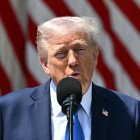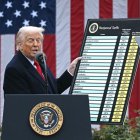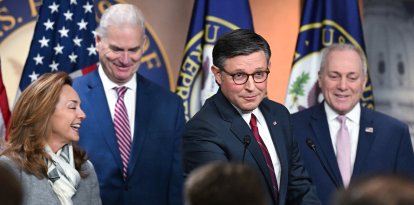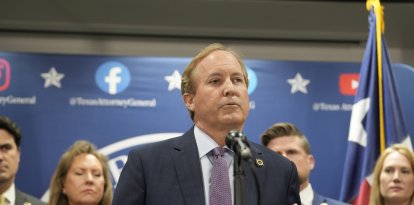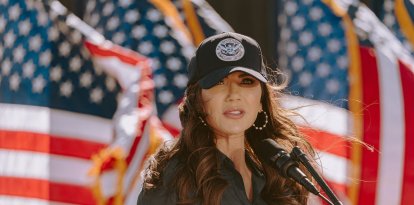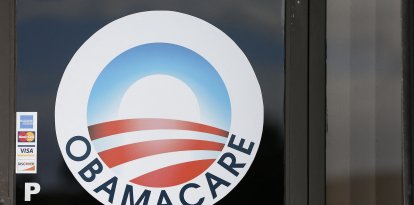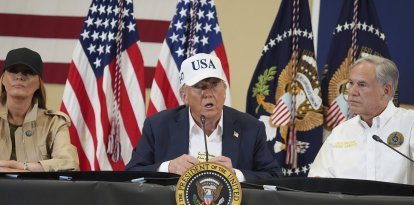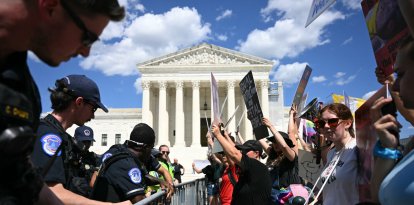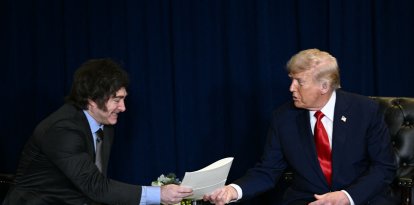From Pennsylvania, Trump announces that steel tariffs will rise to 50%
The president explained that the increase in tariffs seeks to ensure the survival and competitiveness of the industry.

Trump in the Oval Office/ Jim Watson.
From a steel plant in Pennsylvania, President Donald Trump announced that his administration will double tariffs on imported steel from 25% to 50% as part of a more aggressive strategy to defend domestic production and maintain U.S. control over key companies like U.S. Steel.
During an event held in Allegheny County, one of the country's historic centers of steel production, Trump explained that the tariff increase seeks to ensure the survival and competitiveness of the steel industry. "We’re going to bring it from 25 to 50 percent on steel into the United States of America, which will even further secure the steel industry in the United States," the president told workers and the media.
The announcement came as part of an agreement between U.S. Steel and Japanese company Nippon Steel, which recently joined forces after months of controversy over the possible foreign purchase of U.S. Steel. Trump assured that the pact reached will protect national interests and allow U.S. Steel to stay "an American company," despite foreign involvement.
An agreement with Japan amid trade tensions
Trump called the agreement a "blockbuster" and praised Japan as a "great partner." According to the president, the partnership between U.S. Steel and Nippon will generate at least 70,000 jobs and add $14 billion to the country's economy.
It should be recalled that since Nippon Steel announced its intention to acquire U.S. Steel it has became a sensitive political issue, especially in key election states. Both Trump and then-President Biden initially opposed the sale.
Tariffs: A divisive strategy
A court recently stayed a ruling overturning tariffs announced by Trump. However, the government appealed that decision, and the block was lifted.
Tensions with China resurface
Trump also visited Pennsylvania to accuse China of not living up to its trade commitments. He noted that Beijing is delaying rare earth exports and blocking key licenses, which would violate the previous agreement between the two countries.





